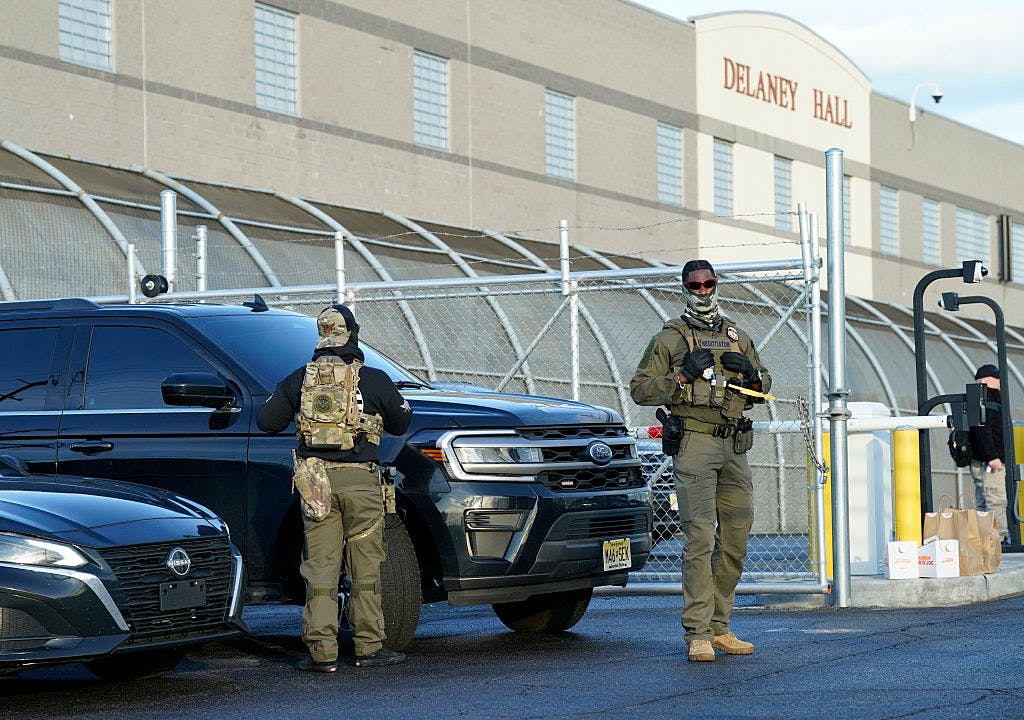‘Sabotage’: China’s power over undersea cables threatens global security



Warning bells are going off over the increasing threat China poses to the world’s data, and the vast network of undersea fiber optic cables that connects almost the entire globe to the internet.
According to a report from Regtechtimes, the internet often takes multiple paths before it reaches its destination, travellng along undersea internet cables that criss-cross along vast areas of sea and ocean through a process called routing protocols. Software-Defined Networking is an advanced technology that can change data routes and allow data to travel more efficiently.
While this system is valuable, it also brings risk as data can be spied on, manipulated, slowed down or blocked. China is a leading investor in SDN technology, and a number of Chinese companies with ties to the Chinese Communist Party are some of the largest investors.
“Through these tools, China can secretly redirect internet traffic through its own networks, even when the data wasn’t supposed to pass through its territory,” the report states, adding one cable which connects Europe and Africa called PEACE can be redirected through Chinese systems despite it physically avoiding China.

The report further notes China has been mapping the ocean floor in great detail using underwater robots and research vessels, collecting data in the South China Sea, the Arctic, and the Indian Ocean. The mapping helps China plan submarine routes, locations of sensors, the deployment of underwater weapons – and exposes the location of undersea internet cables.
DW News reported last week there were suspicions China intentionally severed two fiber optic cables in the Baltic Sea, one connecting Finland to Germany, and the other between Sweden and Lithuania.
The Danish Navy reportedly said it had shadowed a Chinese cargo ship leaving the Baltic Sea after the cables had been cut. German Defense Minister Boris Pistorius called the incident an act of sabotage.
“Nobody believes that these cables were cut by mistake. I don’t believe the theory that it was anchors that accidentally caused damage to these cables. So we have to conclude without knowing exactly who did it, that it was a hybrid action… We must also assume, without knowing it of course, that it is sabotage,” Pistorius said.
Kadri Liik, a senior policy fellow at the European Council on Foreign Relations, said assuming the act was indeed sabotage, it would likely benefit the entity who carried it out by disrupting operations in the area.
“Always such things create problems. You need to send crews to repair it, you need to have spare capacity, and certain things [are] actually harder to repair than others,” Liik said.
What's Your Reaction?
 Like
0
Like
0
 Dislike
0
Dislike
0
 Love
0
Love
0
 Funny
0
Funny
0
 Angry
0
Angry
0
 Sad
0
Sad
0
 Wow
0
Wow
0







































































